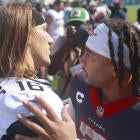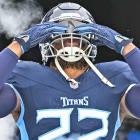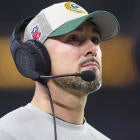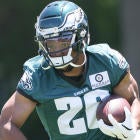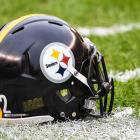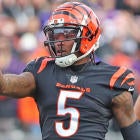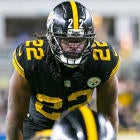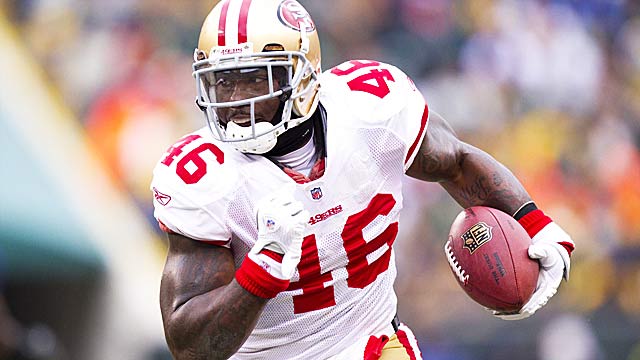
Last year, Delanie Walker was a tight end for the San Francisco 49ers. He made it to Super Bowl XLVII and, despite the 49ers losing, it was still a great moment in Walker's life. Then, just hours later, something happened that changed everything.
The Monday after the game, at approximately 5 a.m., Alice and Bryan Young were driving back from the game. Louisiana State Police said a car driven by another person at a high rate of speed crashed into the rear of the Youngs' vehicle. Both cars caught fire.
The Youngs were pronounced dead at the scene, killed by a drunken driver. The drunken driver escaped with minor injuries. Alice and Bryan Young were Walker's aunt and uncle. So only hours after playing in a Super Bowl, Walker would learn his aunt and uncle had died.
"It was definitely a tough time for me," he says now. "I was very close to them, and for them to be killed so needlessly was tough."
Everything changed, yes. Walker would use that horrific tragedy to change the lives of others. He became an advocate for drunk driving awareness and a national spokesman for Mothers Against Drunk Driving. He helped to lobby for legislation that would mandate in-car breathalyzers for repeat drunk driving offenders. Last week, he spoke to rookies at the NFL's rookie symposium.
Walker was already a highly respected player in the league because, on the field, he was tough and versatile. Off it, he was decent and helpful to younger players. Really, anyone. He's considered a class guy.
This brings us to the current state of the image of NFL players. It's taking a massive beating. The NFL doesn't have an arrest problem as much as it has an image problem.
Walker says every player has noticed this in light of the Aaron Hernandez case, and there is a general feeling among the player base that the entire league is being unfairly portrayed as thugs and criminals.
One player told me the story of how he was standing in line at a convenience store when a customer standing behind him asked if he played in the NFL. He answered that he did. The customer then asked: so why do so many guys in the NFL get arrested?
"I told him -- we don't," the player said.
Walker said he didn't want to comment specifically on the Hernandez case, but he did make two smart points that, in some ways, many people -- players, media, fans, everyone -- can learn from. And I can say with certainty, about this first point, he's not alone in thinking it.
"As players, we have to take responsibilities for our actions," he said. "We can't blame others. I will say, though, a lot of players feel like the media highlights the guys that screw up more than the guys who do right. A guy can one day donate money to charity, and that's not covered. But a guy gets a DUI, and that's covered. When this happens, it makes us all out to be bad guys when we're not."
This is not an easy issue. In many instances, acts of giving by players or teams is sincere. The Arizona Cardinals on Wednesday donated $100,000 to support the families of the firemen killed in the Arizona wildfires over the weekend. That was a genuine act of kindness. In some instances, however, players use acts of charity as a way of making themselves look charitable when they really aren't. The media is wary of being used.
But Walker is correct in one way. Negativity sells. This is just the time we live in and probably always will.
This leads to Walker's other point. "What I tell players is that you are looked at everywhere you go," he said. "Someone is always trying to get something on you. If you go into a bar and get into a fight, it will become public. That's on you, not the media."
Walker is now with the Titans and backs his words with actions. "We have a free car service the team provides all players," he said. "I've used it, and I've told players to use it and a bunch do when they go out. This keeps everyone safe."












